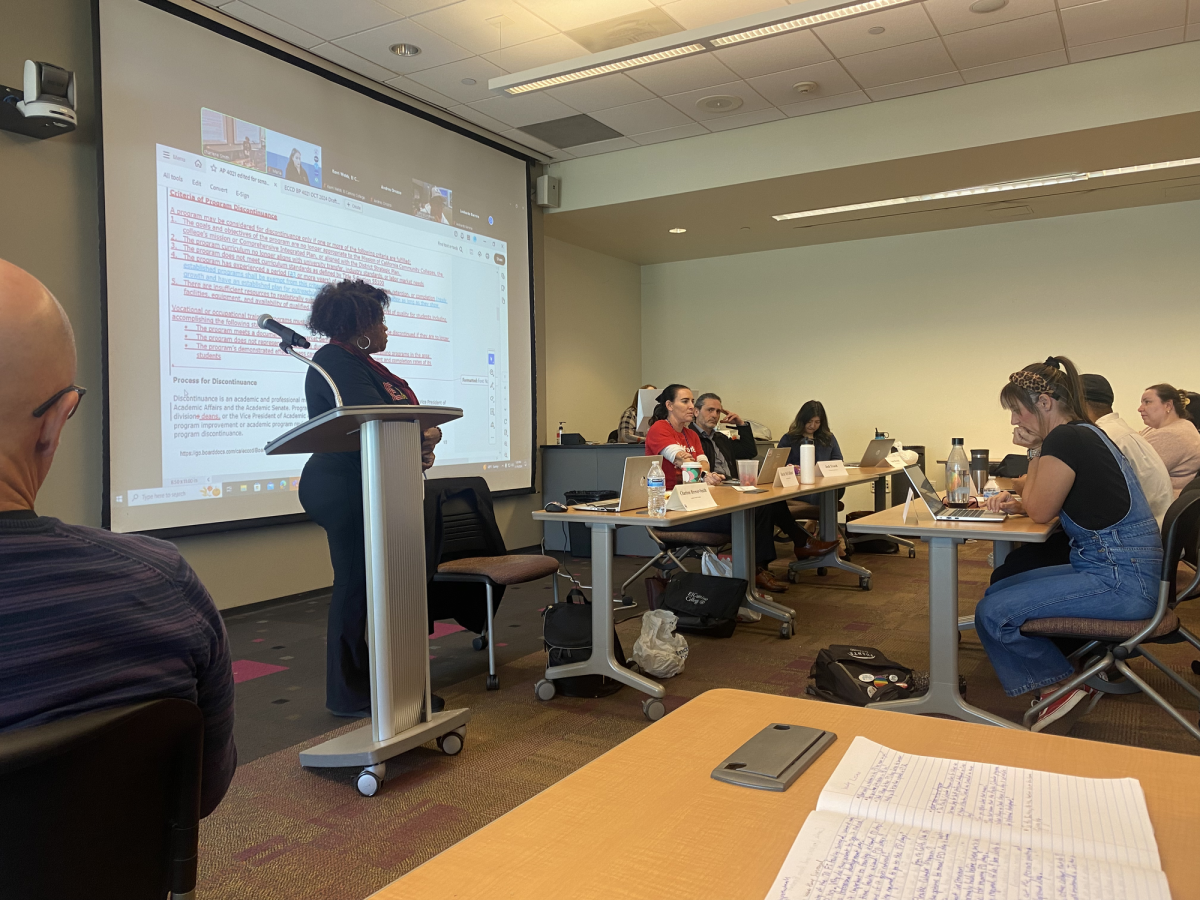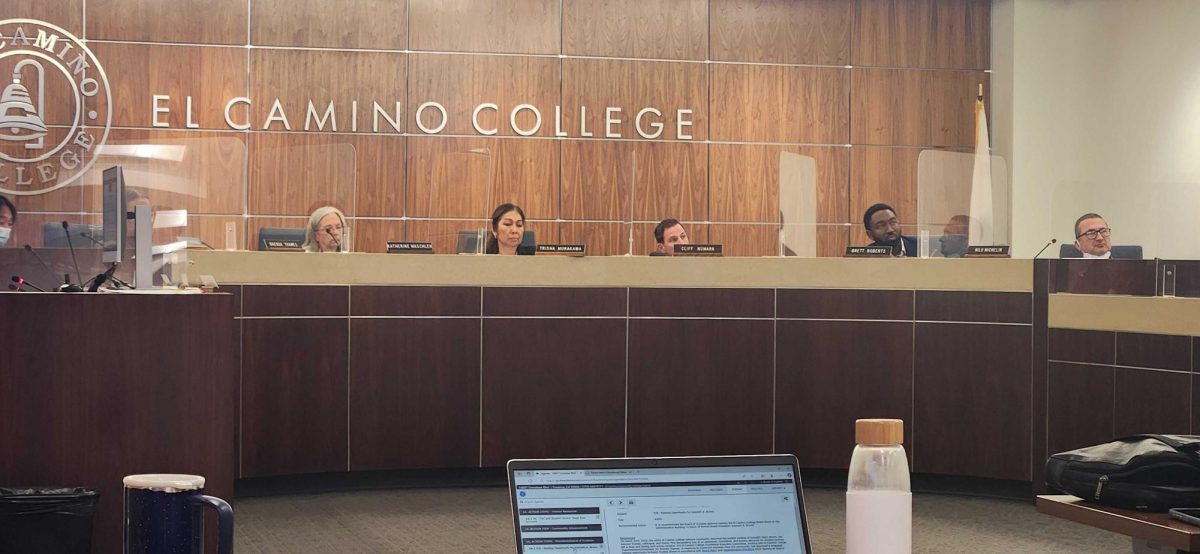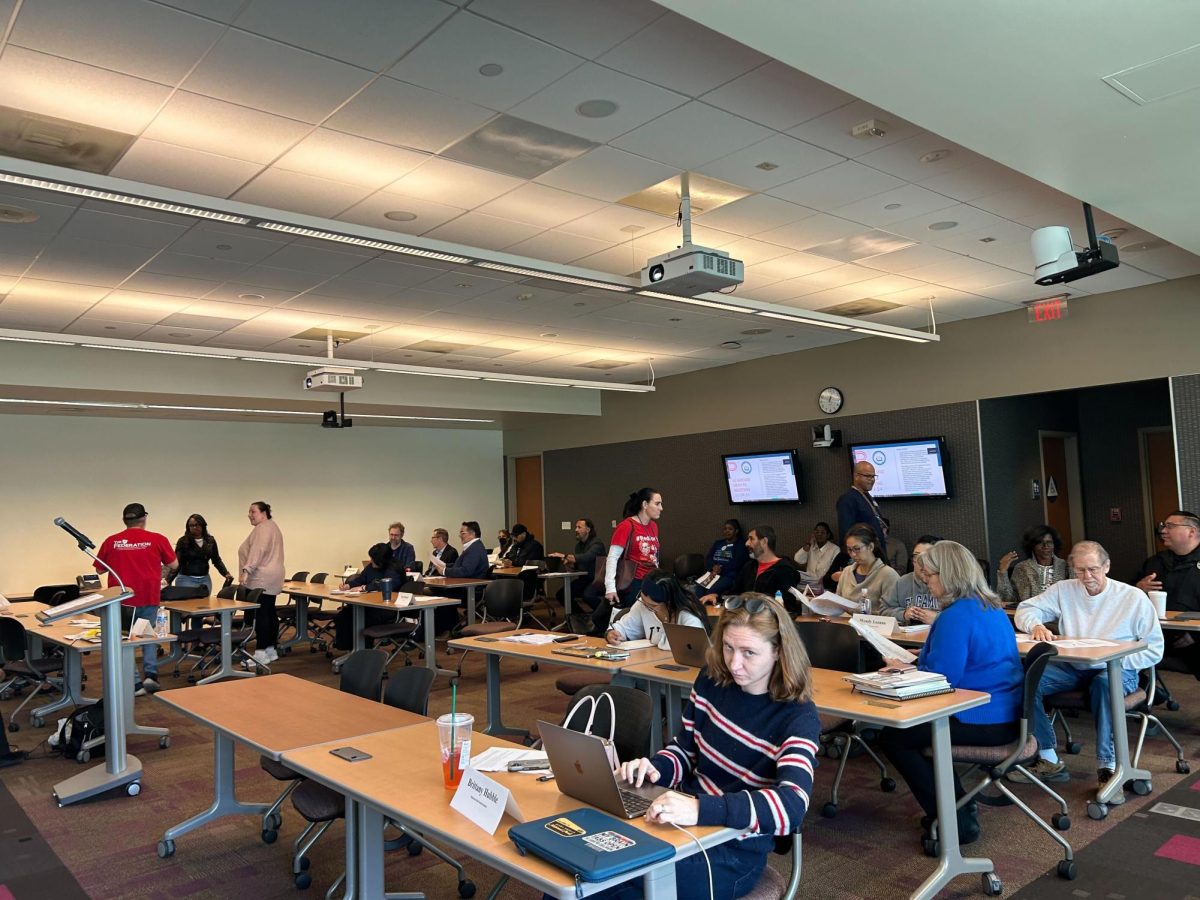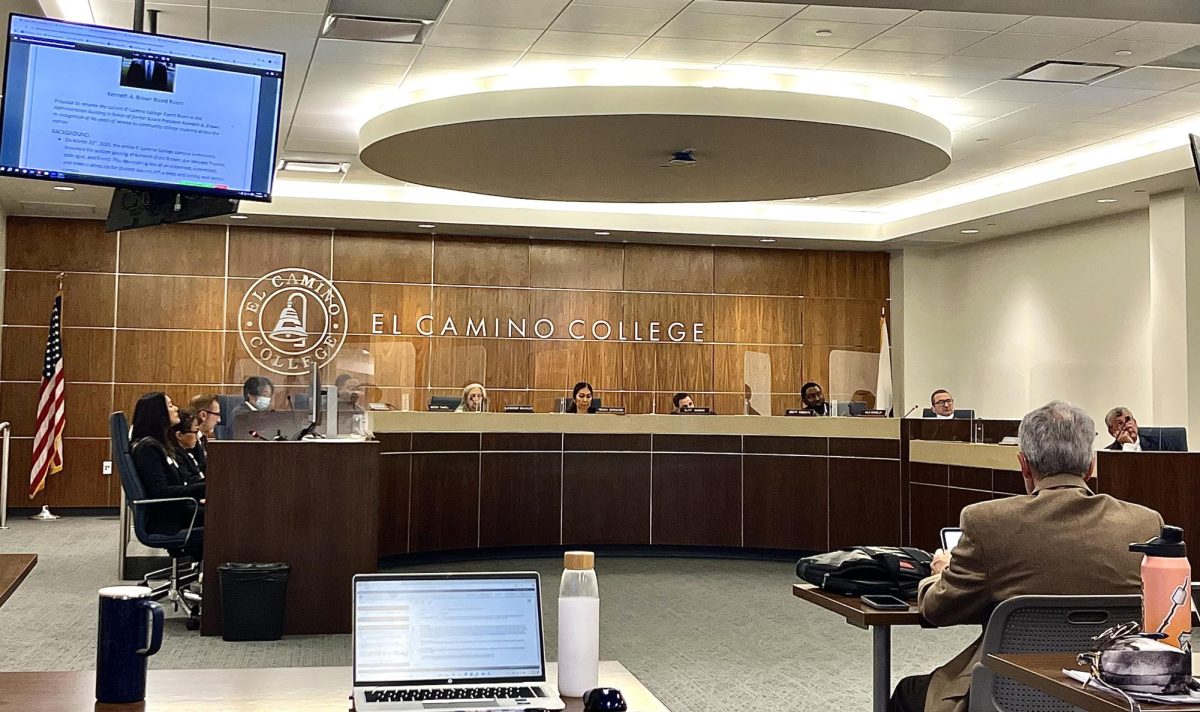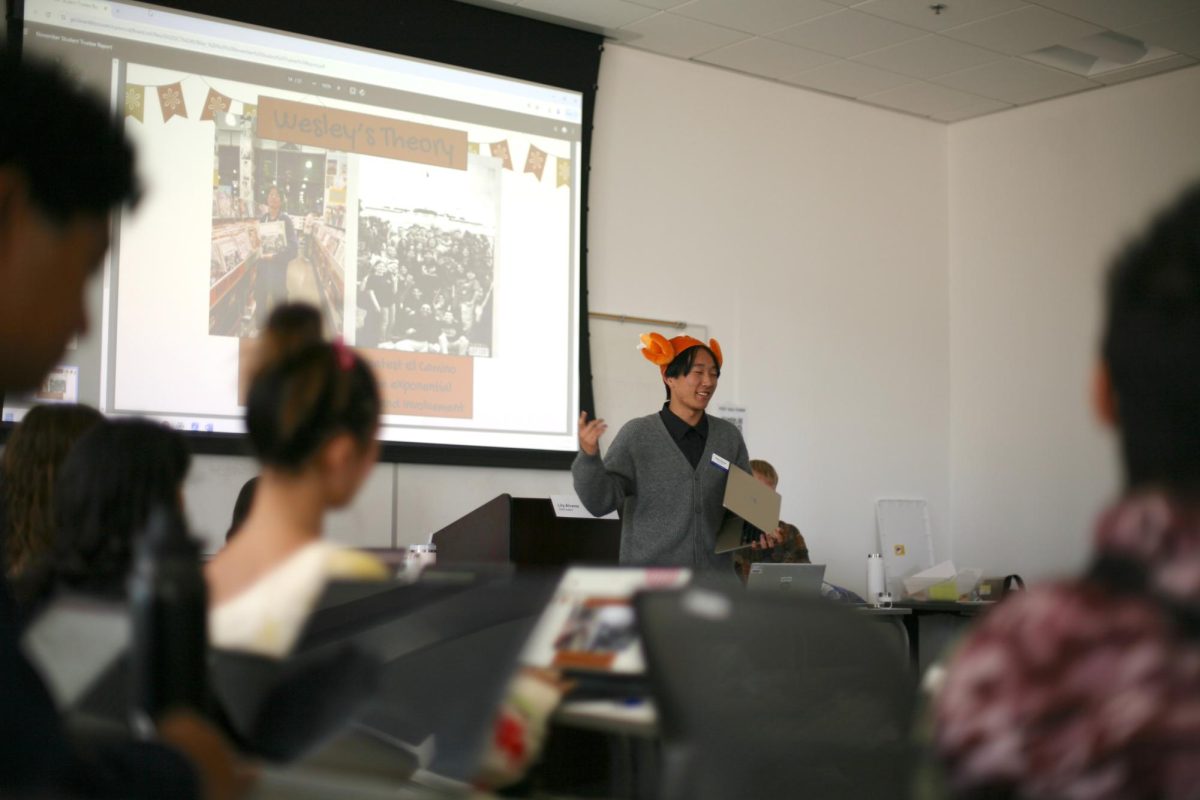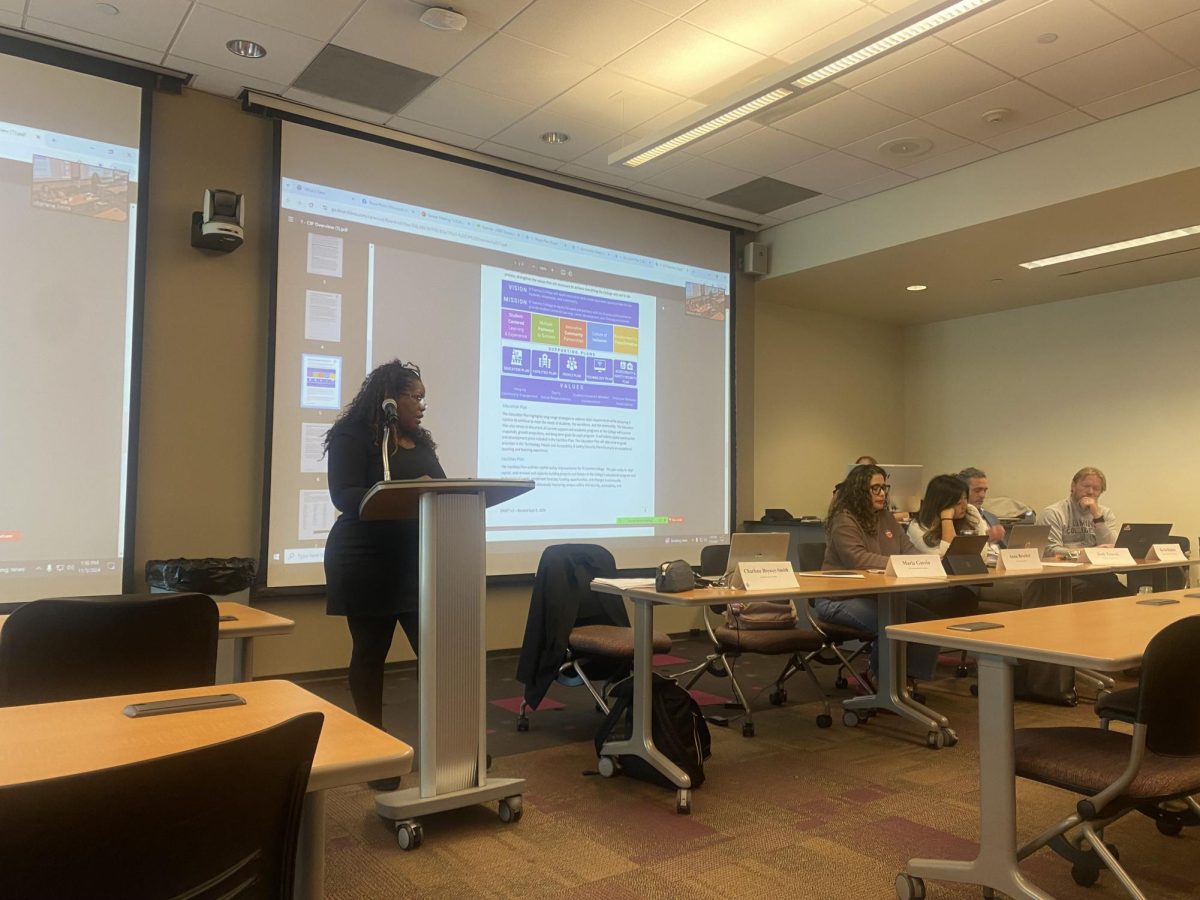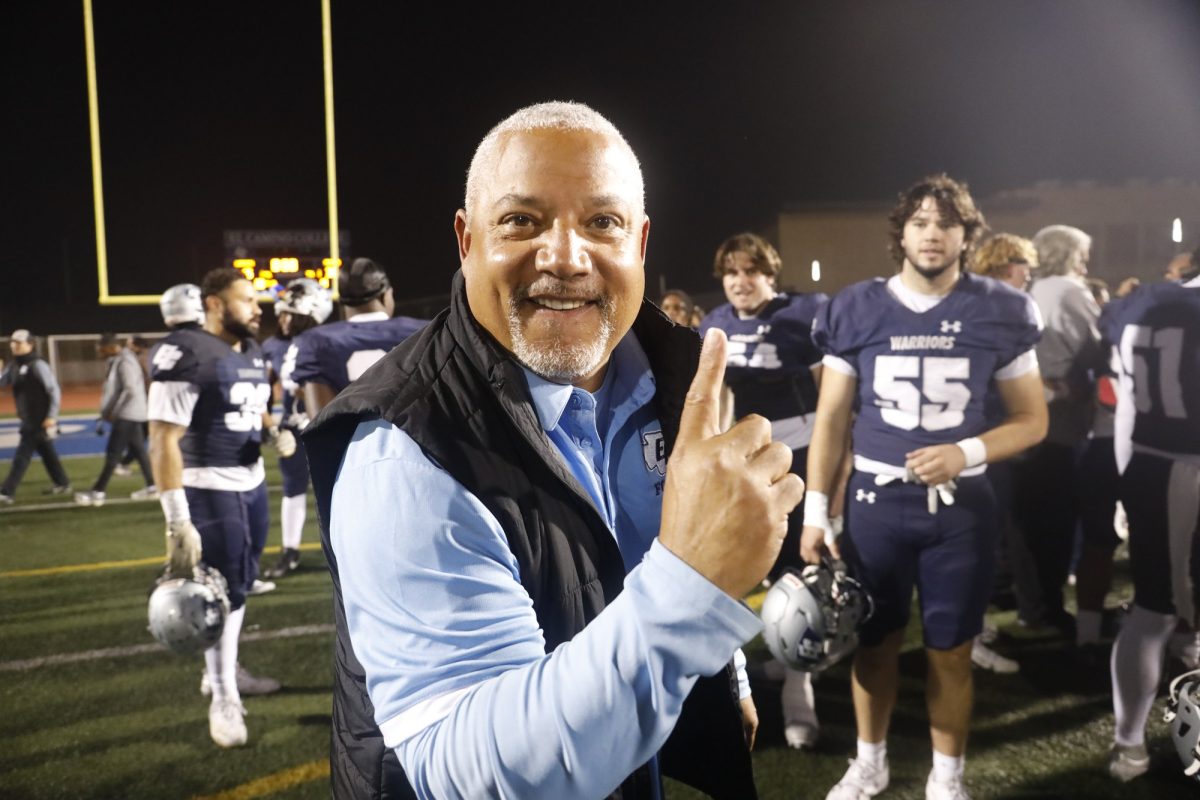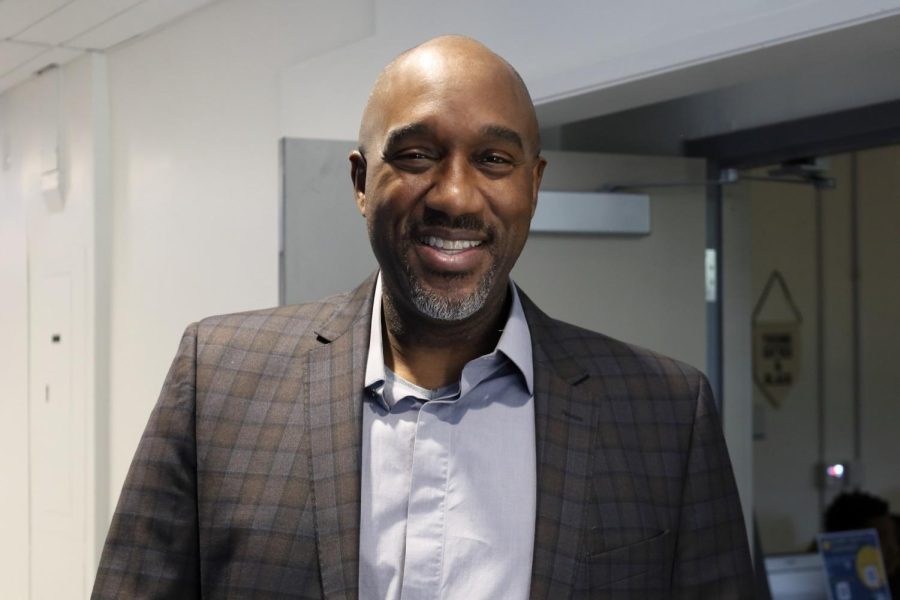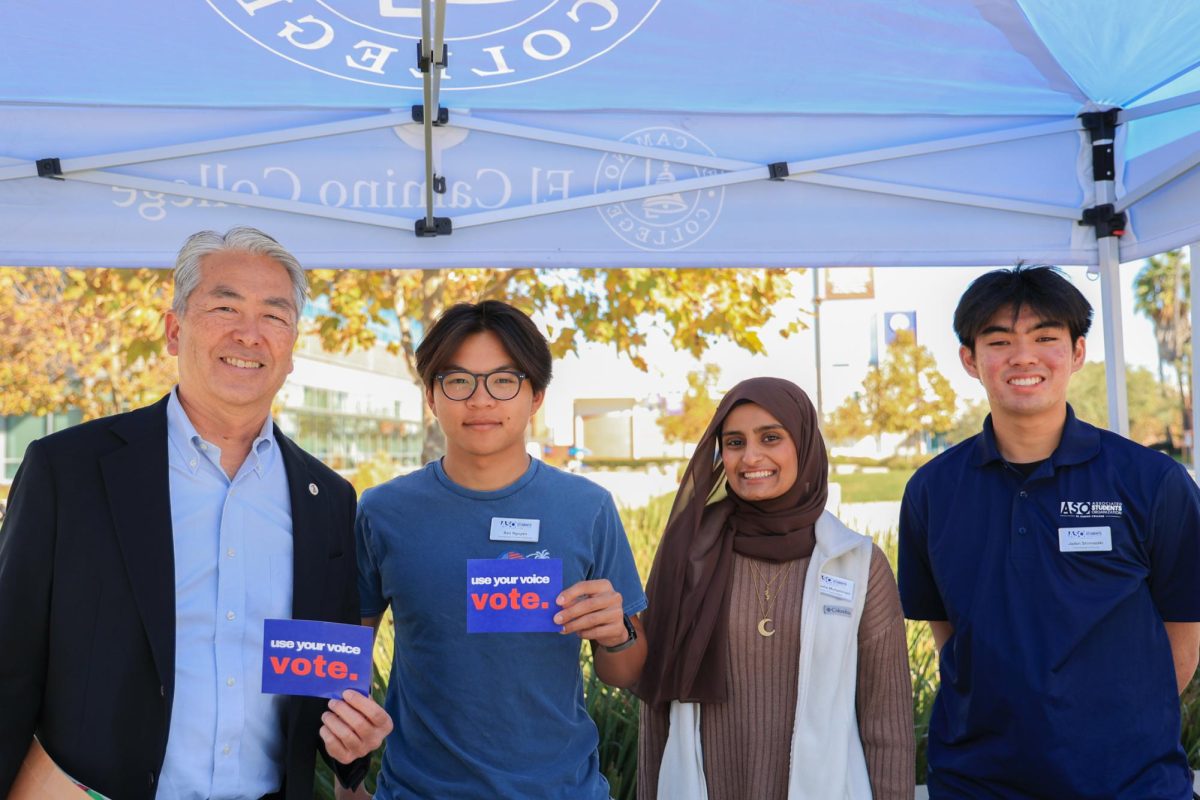A new social media policy which gives club advisers control over club accounts is unusual, unconstitutional and violates prior restraint, a legal expert said.
The Student Organization Handbook’s social media policy states that access to club social media accounts will be “granted solely to designated club advisers” and the advisers will be responsible for overseeing and managing content.
However, Laura Beltz, the director of policy reform at the Foundation for Individual Rights and Expression told The Union that the new policy was unusual compared to other policies at colleges and universities and the policy is limiting.
FIRE is a Philadelphia-based organization that protects freedom of speech on college campuses.
“I think that it really limits student’s ability to have a private independent student organization,” Beltz said.
Other colleges like Santa Monica College, Cerritos College and Orange Coast have social media policies that are different from El Camino’s.
Beltz said that Midwestern State and Cornell universities had similar policies to El Camino, but the policies were scrapped after some pushback.
However, Ricky Gonzalez, the director of the Student Development Office who wrote the policy, said that every club has a right to make content.
“We are not telling an advisor to oversee or to demand or to procure the students right to create the content,” he said. “[Students] should be working with the faculty advisors and their backup advisors to create content that is engaging.”
Despite what Gonzalez said, one of the club leaders is still concerned.
Chris Garcia, co-president of ECC Boxing and ECC Weightlifting clubs, said he has some concerns about the policy.
Garcia said the policy will “jeopardize” funny or humorous content. One of his concerns is that it will somehow reduce the number of people coming to El Camino and affect awareness of clubs.
Beltz said advisers having control over accounts and discretion to approve or disprove posts is an example of prior restraint, which is not permissible under the First Amendment.
Prior restraint is the suppression of material that would be broadcast or published because it would be harmful or libelous. Beltz said that prior restraint is serious.
“A prior restraint on speech is something that is deemed by the Supreme Court, as they’ve called it, the most serious and least tolerable infringement on freedom of expression,” she said.
However Gonzalez said he had no comment on Beltz’s statement because the policy is still not in practice. There still needs to be training done for advisers and students for the policy, he said.
He also said that advisers are only “pressing the button,” not checking if the content fits a certain criteria.
“If the students believe in the message they are going to put out there, the advisor can just advise and give them their two cents, if the students still believe this is the best message to go out there, then it is the advisor’s responsibility to post it,” Gonzalez said.
Gonzalez said that Beltz and FIRE can connect with him for “extensive conversations” about the policy.
He also does not agree that it’s unusual and that the policy is still evolving.
“It’s all ever evolving, the policy is currently in its first iteration, as we live with the policy and we see it actually applied I think there is gonna be room for growth,” he said. “If there are things that our faculty advisors or students bring up that are becoming to be known as determinants, then we would absolutely take those things into consideration.”





